Few moments are less promising to reach a bipartisan deal than the months before a presidential election. And few issues present greater obstacles than limiting illegal immigration. Even the word “illegal” is contested. Progressives say it is too harsh. Conservatives say it is simply truthful.
It is no surprise, then, that the compromise “border-security bill” gasped its final breath this week. The Senate bill, negotiated by a Democrat, a Republican and an Independent, met a hostile reception as soon as the text was released. House Speaker Mike Johnson declared it “dead on arrival.” Senate Majority Leader Chuck Schumer reluctantly brought it up for a procedural vote, where it went down in flames.
Why such stiff opposition? Because the bill contains not one but two divisive issues. The first is that the “immigration bill” also funds Ukraine’s war with Russia and, to a lesser extent, Israel’s war with Hamas and Hezbollah. Funding for Israel has broad support, but funding for Ukraine does not. There is considerable opposition among Republicans and some progressive Democrats to giving Ukraine another $60 billion. (Faced with the defeat of the combined bill, Schumer is considering a separate package to fund Ukraine, Israel and Taiwan, with no mention of immigration.)
The second problem goes to the heart of the immigration bill. It includes provisions that would allow some 5,000 to 8,000 migrants to cross illegally into the US each day before tougher restrictions kick in.
Almost every Republican, including many moderates, are appalled by those numbers. They remember when President Obama’s secretary of Homeland Security called 1,000 illegal crossings per day a crisis. If that was a crisis, they say, what do you call five- to eight-times that many?
Some other provisions are more popular. Those include hiring more border agents and more judges to hear asylum cases, adding more miles of border wall and fence and providing more beds to house people who await a court hearing.
In a reasonable world, these areas of agreement would be consolidated into a small bill. That’s highly unlikely in today’s deeply divided Congress. Nor is Congress likely to approve a revised version of the larger bill, one with far fewer illegal crossings. Senate Democrats would oppose it.
The result is yet another legislative stalemate. As long as that deadlock continues and the president refuses to act on his own to close the border, the US will continue to suffer an unprecedented surge of illegal migrants and the fiscal, social and political problems associated with them.
How did we reach such a low ebb?
The short answer hinges on what Joe Biden did in his first days as president and his subsequent refusal to adapt to their failure. Donald Trump left the new president a southern border that was largely — but not completely — closed. Within days, Biden overturned almost all the successful Trump-era immigration policies.
With a series of unilateral decisions and executive orders, President Biden ended
- construction of the border wall, abandoning materials already paid for,
- the policy requiring asylum-seekers to remain in Mexico or their home countries as their claims were processed,
- cooperation with the Mexican government that stationed their troops along the border to prevent migration and smuggling and
- agreements with three Central American nations to prevent migration from there
The effects were predictable — and disastrous. In the three years since Biden made those decisions, the US Border Patrol has apprehended some six to eight million people crossing into the US illegally. Since October 2023, over 1,000,000 have made that crossing. Almost all of them were quickly released into the US and told to return in five or ten years for court hearings. Many never bother to show up.
Besides the migrants who are apprehended, hundreds of thousands more are never caught. The Border Patrol has no idea how many there are. How could they? What we do know is that these “gotaways” must have good reasons to avoid law enforcement. Compared to migrants who were apprehended, they are far more likely to be members of Mexican drug cartels, human-smuggling operations, terrorist groups or foreign spy agencies. They pose a genuine danger to Americans’ health and safety.
Illegal immigration is hardly a new problem. What is new — and deeply troubling — are the overwhelming numbers, the deliberate choice to open the floodgates, the staunch resistance by progressives to closing them and the unbearable costs these migrants impose on cities and states, which have nowhere to house them and cannot pay for the social services they need.
Given those costs and the public’s growing frustration, Republicans won’t accept a compromise that would allow several hundred thousand more to enter the US illegally each year.
Democrats say their political opponents want “the issue, not the solution.” Republicans respond that the proposed compromise isn’t a solution at all. It effectively keeps the border open for thousands every day before more stringent measures kick in. They add that Joe Biden is refusing to enforce immigration laws already on the books. He needs to use those powers before asking for more.
The numbers and costs alone make the open border a serious national problem. What makes the problem even worse is that it is embedded in two larger struggles facing America:
- the breakdown of social order, especially in poor communities and
- the concomitant rise in violent crime and drug deaths across the country
Progressives who favor weak immigration laws are politically vulnerable on both issues because the drugs are transported across open borders by Mexican drug cartels and because violent crime often goes unpunished, quite deliberately, thanks to lax laws and permissive district attorneys.
Take shoplifting. In progressive city after progressive city, shoplifters aren’t prosecuted if they steal less than $750 or $1,000. What do city leaders think will happen? Here’s a wild guess: a lot more theft, higher prices for food and other necessities in high-crime communities and lots of store closures. Most people in those communities are law-abiding, and they suffer the the consequences. They are threatened by violent gangs and street-corner drug markets. Yet progressive leaders somehow believe it promotes “social justice” to release repeat violent offenders into those communities almost immediately, often without bail.
One reason is that progressives believe, correctly, that jails and prisons are not “correctional institutions,” as they were once called. Very few people are “corrected” behind bars. They are simply kept off the streets to prevent them from shooting, killing, stealing, raping, trafficking young girls and selling drugs.
The second reason is that progressives think arresting criminals and preventing illegal migration imposes hardships on the poor and powerless. On balance, though, it lessens those hardships. Rampant lawlessness imposes a heavy burden on all innocent citizens, and that burden falls disproportionately on poor communities.
The costs are mounting, and the public feels it. Take migrant encampments in cities across the country. When they are downtown, customers avoid shopping on streets filled with panhandling, crime, drug needles and open defecation and urination. Stores close and offices move to safer locations. When the encampments are in local neighborhoods, parents worry about the danger to their children. The police, long criticized by elected leaders and constrained in dealing with these problems, are leaving the force in frustration.
Nor is it costless to provide welfare services for migrant families and schooling for their children. To cover those expenses, cities are forced to raise taxes and cut other vital services, including police. The result is a spreading fiscal crisis.
It’s not surprising, then, that law-abiding citizens are mad as hell. They have been telling pollsters that for months. For the first time ever, polls show the voters’ top issue is not the economy; it is illegal immigration.
That issue spells trouble for Democrats since voters attribute the problems mainly to the party’s failed policies. Some of the strongest pushback is coming from the Democrats’ most loyal voting bloc, African Americans. They are incensed by the diversion of public resources and additional competition for jobs.
To escape that blame, Biden and the Democrats hope to shift it to Donald Trump and the Republicans for sinking the compromise immigration bill. Republicans respond that Biden created the problem, always had the authority to correct it and did more harm than good with the new bill.
How voters assess that vitriolic debate will go a long way to deciding who will become the next president.



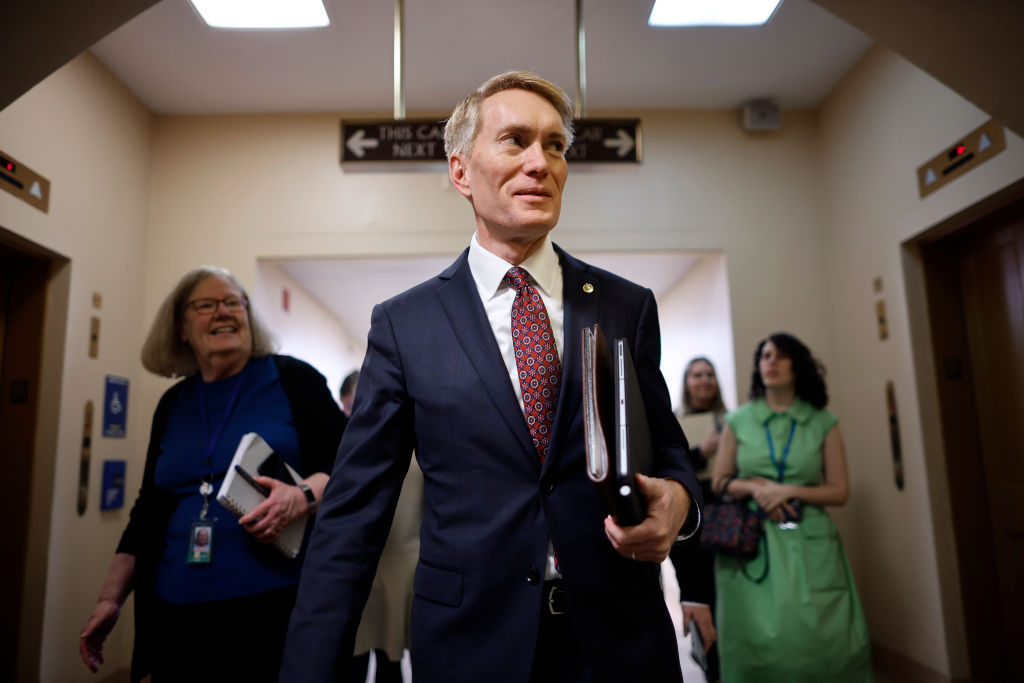








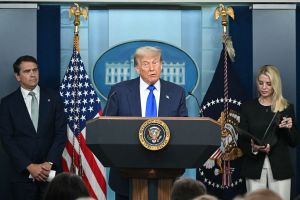
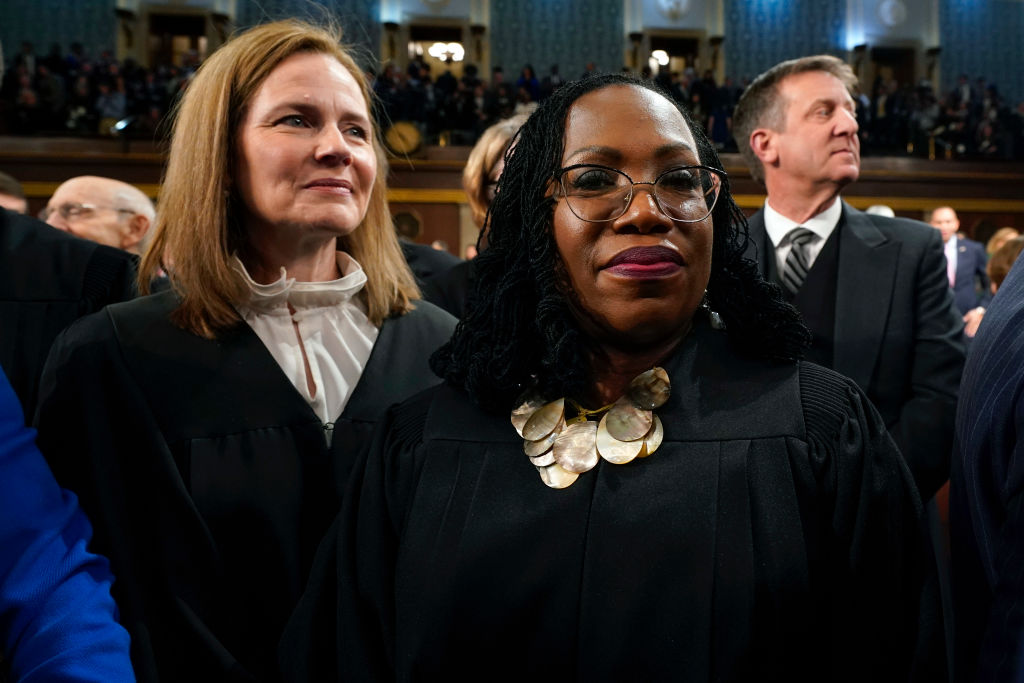
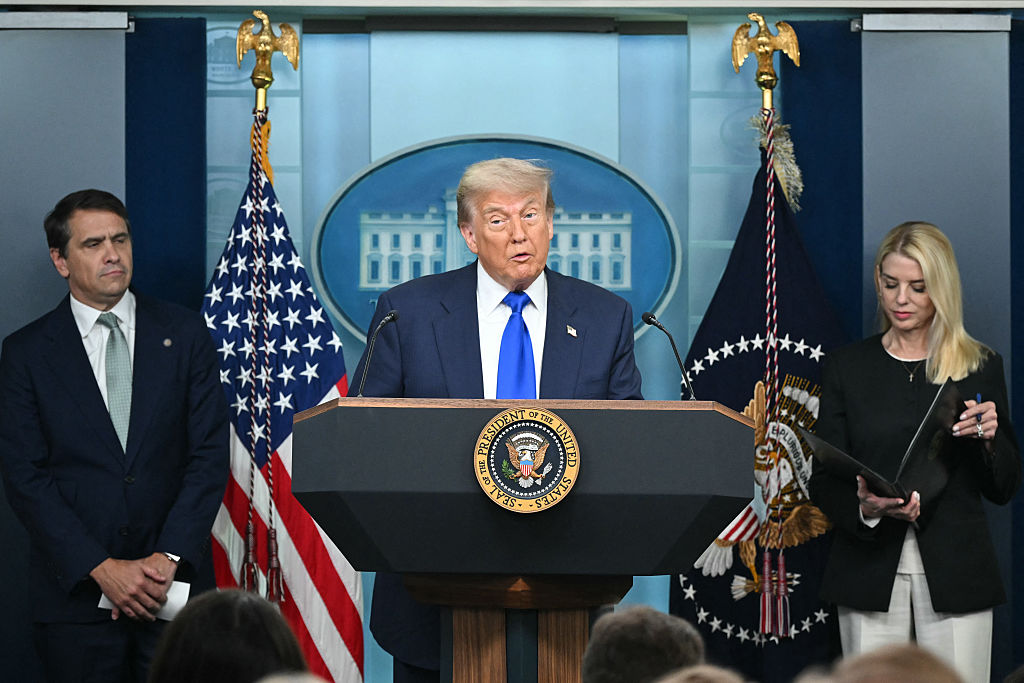


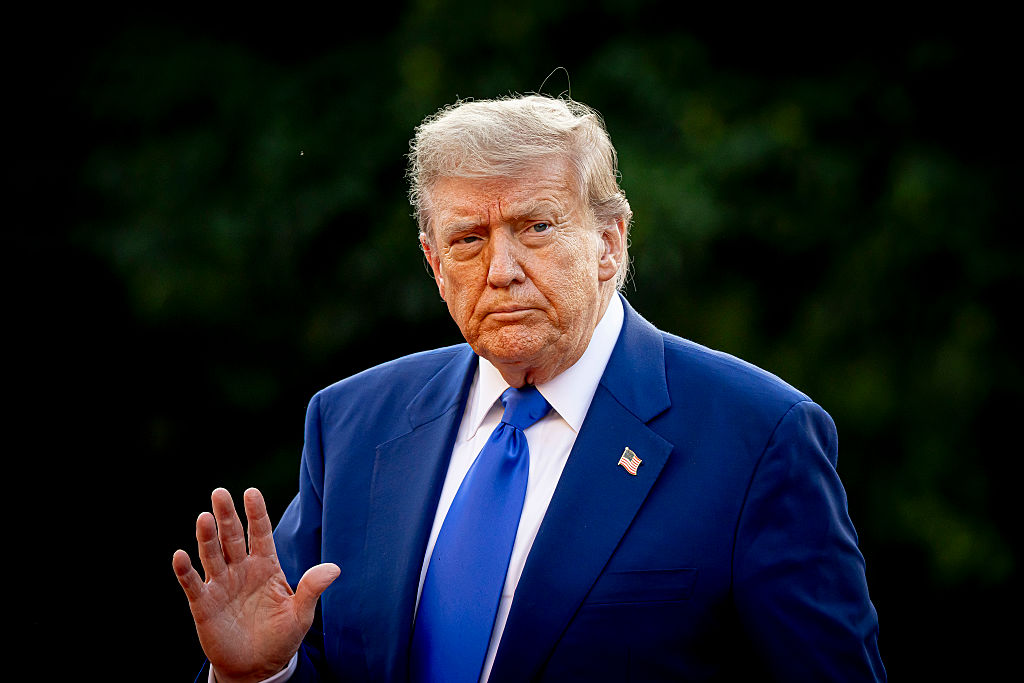
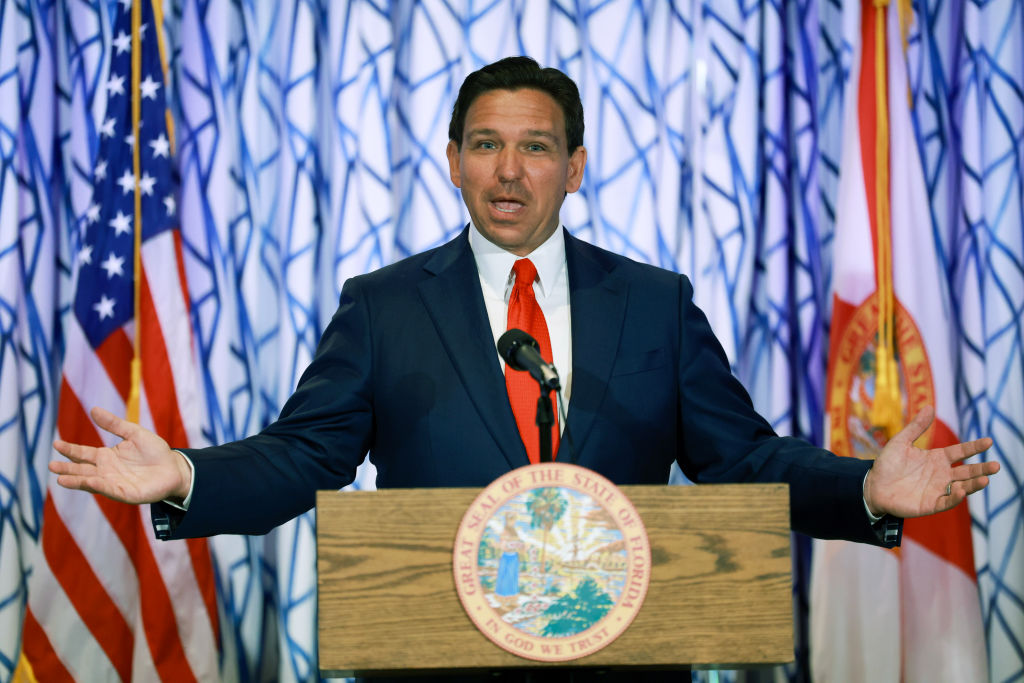







Leave a Reply